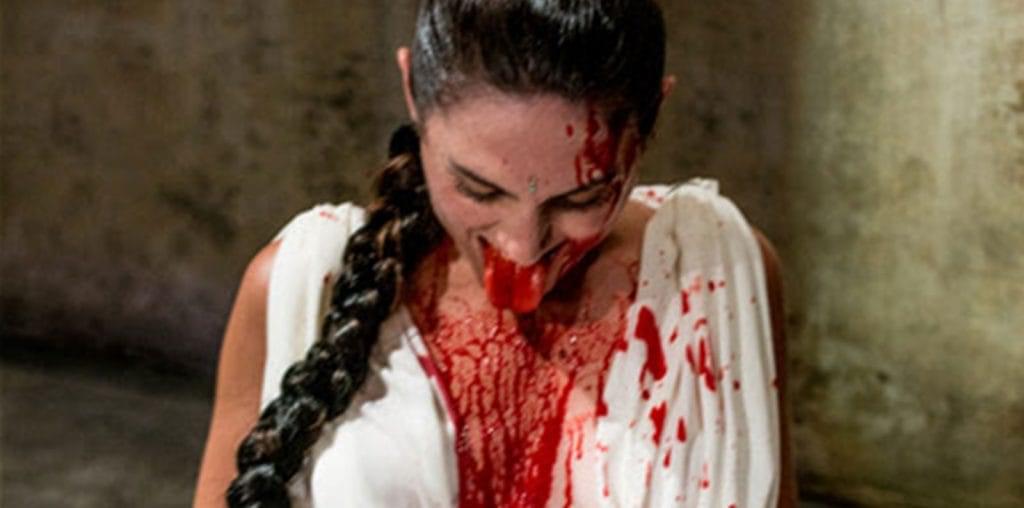
She charmed the nation’s leader in “The American President” (Rob Reiner, 1995); embraced the landing of Martians in “Mars Attacks!” (Tim Burton, 1996); portrayed perfectly a stressed suburban housewife in “American Beauty” (Sam Mendes, 1999); and after five years away from the public eye (contributing to films and television sporadically), Bening returns by fooling an entire audience in “Being Julia” (Istvan Szabo).
Set in the late 30s in London, “Being Julia” (based on W. Somerset Maugham’s novella “Theatre”) is part commentary on theatre, part depiction of an accomplished actress in need of physical and psychological innervations. Performance after performance in play after play has exhausted popular London stage actress Julia Lambert (Bening). Her husband Michael Gosselyn (Jeremy Irons) introduces her to a young American named Tom Fennel (Shaun Evans), the son of a friend’s friend. Obsequiously fond of Ms. Lambert, Tom wastes no time in initiating euphemistic afternoon tea gatherings. Craving for a distraction, Julia succumbs to Mr. Fennel’s ebullience, and before the week is over, she is having an affair with him.
The fact that Julia’s cheating on her husband with a younger man and that it might negatively affect her family is not the central conflict; it’s more of a contributor to the narrative climax. The pinnacle issue is Julia’s mid-life crisis. She is aware the she is aging, she (very briefly) questions her acting abilities, and quite simply, she needs a self-esteem boost. Afternoon tea sessions with Tom reinvigorate her energy and confidence. Though the affair is the source of some grief, it is also a catalyst for the most fulfilling experience of self-verification Julia could ever have thought possible.
While following Julia down a road of distress, the film addresses the principles of good theatre acting. Jimmy Langton (Michael Gambon) is this voice of reason. He’s a ghost and Julia’s career conscience. Gambon nails the air of an acting mentor’s spirit (no pun intended), speaking with conviction and appearing at seemingly random moments to remind Julia that the only reality is the one in the theatre. What everyone else refers to as “the real world” is just fantasy. Julia has internalized these words, interacting in her offstage life as though she were still playing a part.
Considering the emotional ramifications of a storyline that involves adultery and the inability to distinguish fact from fiction, Szabo could have made a conventional melodrama filled with scenes where plates are thrown and faces are repeatedly slapped. The director takes an alternate route and offers his viewers a drama burnished with a coat of comedy. Bening could not have chosen a better comeback film.
